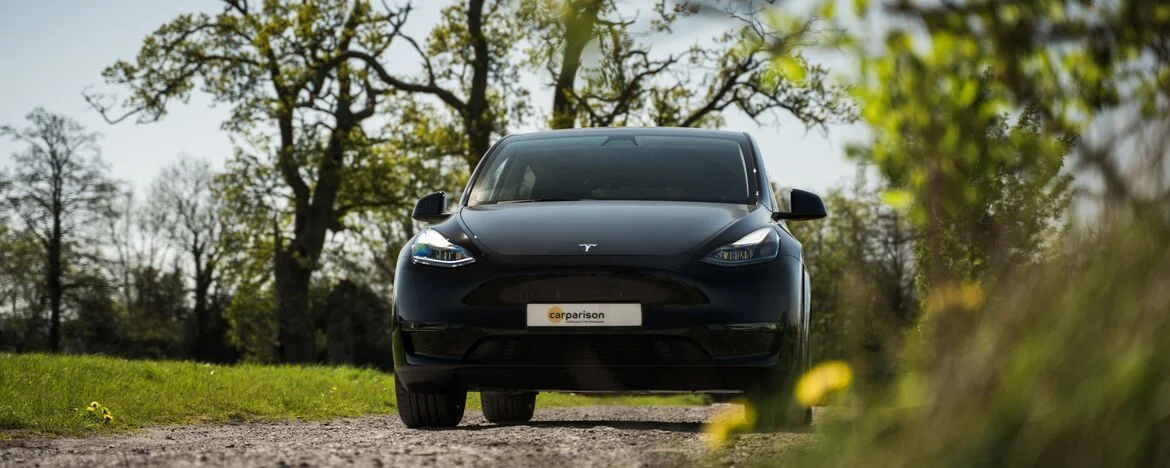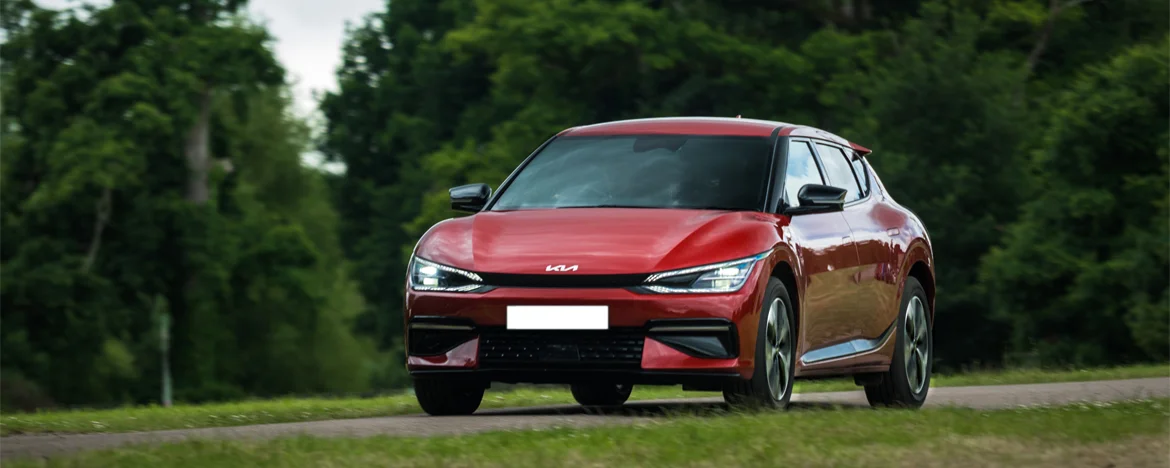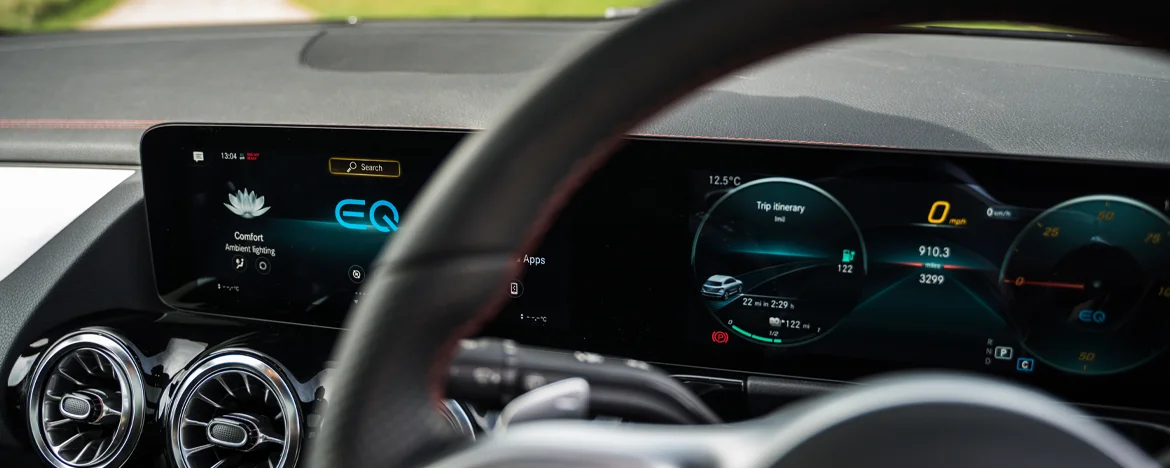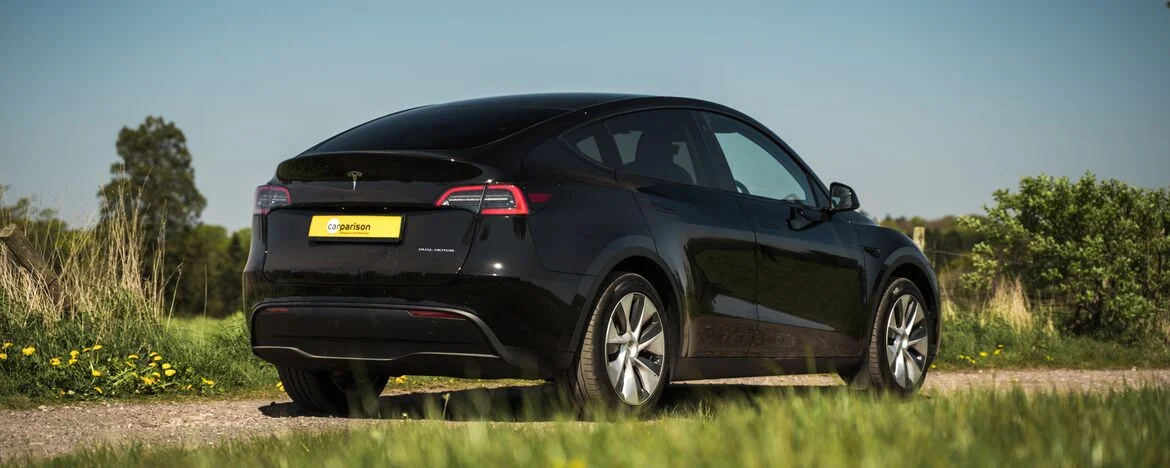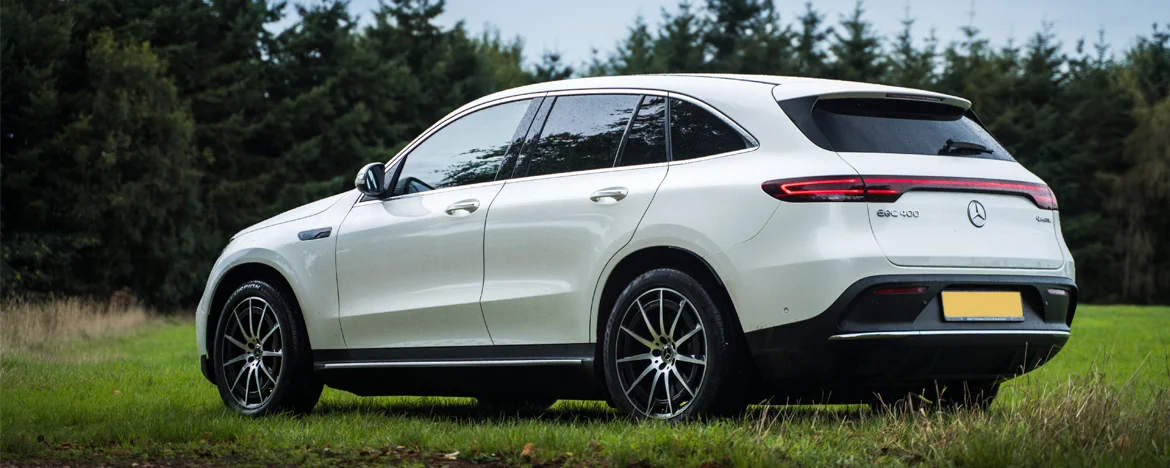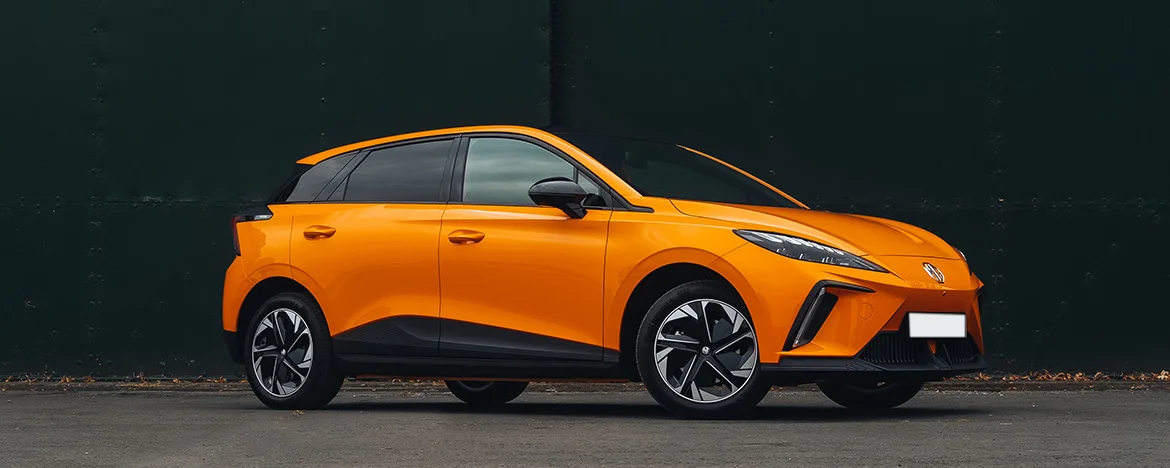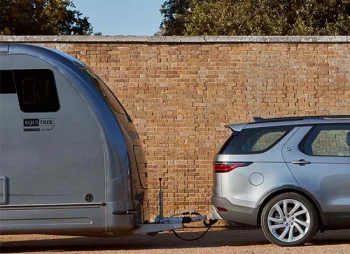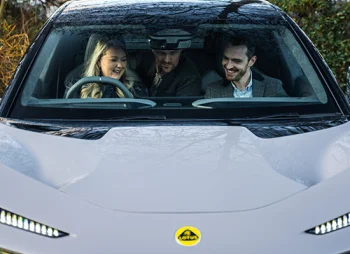Do electric cars depreciate?
Cars depreciate. That’s old news.
The moment you drive a new car off the forecourt, it’s losing value. It’s a cliché as old as time. But it’s the unfortunate and unnerving reality that comes with owning a car.
The speed with which electric vehicles have emerged as a dominating presence on our roads has sparked intrigue and debate among industry experts as to how they will depreciate in relation to their combustion engine competitors.
With huge numbers of electric vehicles hitting the market in such quick succession, there isn’t a bank of historic data to benchmark the used EV market.
Depreciation is unavoidable, but it is important to understand why it happens, how quickly it occurs and how leasing an electric car can help you minimise the financial effect on you all together.

